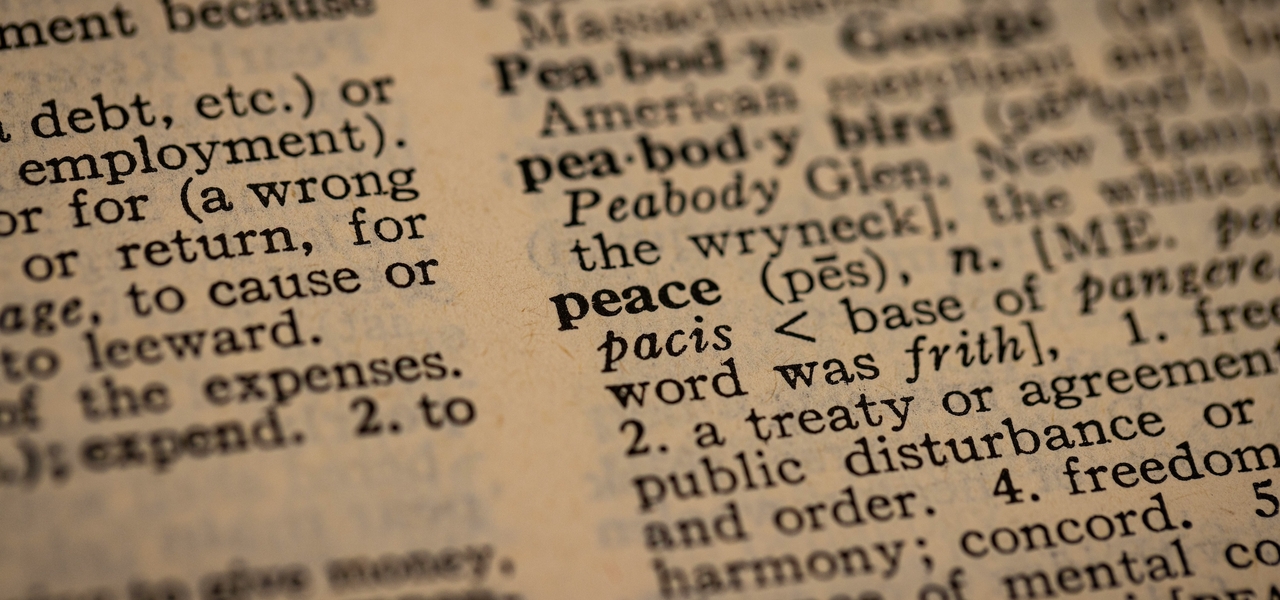Commercial sexual exploitation – The practice of pursuing gain through the abuse of a person’s sexual activity. Because of the inherent power balance in paying for sex, prostitution is fundamentally both violent and exploitative. As the All-Party Parliamentary Group on Commercial Sexual Exploitation explains in one of their reports: “Healthy, non-abusive sexual relationships require both parties to mutually and freely want to have sex. Offering someone money – or accommodation, or other goods and services – in return for them performing sex acts is a form of sexual coercion.”
Prostitution – The exchange of sexual services for money. At present in England, Scotland, and Wales it is illegal to solicit for sex, or to run a brothel. It is, however, legal to purchase sexual services as long as it is not done in a public place. Northern Ireland has adopted the Nordic model which acts to reduce demand for prostitution by making it illegal to pay for sex.
Sex work – Another name for prostitution and selling sexual services for money. This term is often used by those who argue that entering prostitution is a choice. However, evidence shows that this is not an exchange between equals but exploitation and coercion. Jonathan Machler, Executive Director of CAP International, has said: “Sexual acts bought by sex buyers are never freely given. Either they are coerced by the physical coercion of pimps and traffickers, or they are caused by the socioeconomic conditions and coercions that pushes the most vulnerable women and girls into the prostitution system.”
Sexual services – Sexual acts performed in prostitution. Evidence shows that these acts are usually dehumanising, violent and unsafe. Women involved in prostitution are often unable to object to certain acts and frequently treated as objects rather than people.
Brothel – A place where a person can go to purchase sexual services. This might be a in seemingly residential property or may function through another business such as a massage parlour, sauna or nail bar.
Kerb crawling – People who drive to particular locations to buy sex. Usually this activity involves looping around streets before stopping to pick someone up.
Sex tourism – Travelling to countries with legal prostitution with the aim of purchasing sexual services. Since legalising prostitution, Germany, New Zealand and the Netherlands have become significant countries for sex tourism. Many men who have paid for sex in the UK say that they first accessed the sex trade abroad.
Punter – Someone who pays for sexual services. Sometime also called a ‘john’, punters are overwhelmingly male and most likely to be in their 30s, married and in full-time employment.
Pimp – A person who forcing another into sexual exploitation. They are often referred to by those in prostitution as their boyfriend, partner or husband. Pimps often enforce sexual exploitation by violence, or threats of violence, and by withholding basics needs such as food and shelter. Pimps can operate in person, or via ‘pimping websites’ where sexual services are offered online. The UK Home Office identifies adult services websites as the most significant enabler of sexual exploitation linked to trafficking.
Grooming – Where a person builds a relationship with another person, adult or child, with the purpose of exploiting them. It can take place online or in-person and can take a short or long period of time.
Human trafficking – The movement of people for the purpose of exploitation, either within one country or between more than one country. Anne-Lise Robin, from the Office of the Special Representative and Co-ordinator for Combating Trafficking in Human Beings for the OSCE has said, “it is the purchase of sex that encourages pimps to profit off the sale, and it is the desire for more profits, more gains that inspire trafficking in human beings to take place.” Countries with legal prostitution have reported higher levels of trafficking.
Exiting services – Assistance offered to individuals wanting to leave prostitution. These services offer support and genuine routes out of exploitation.
Nordic model – A legislative model which was pioneered in Sweden in 1999. It seeks to reduce demand for prostitution by criminalising the act of paying for sex. It helps people leave prostitution by decriminalising those who provide sexual services, and by providing exiting services to help them leave. The Nordic model emphasises the exploitative nature of prostitution and has been adopted by other countries such as Norway, Iceland, Israel and Northern Ireland.
OnlyFans – OnlyFans is a website which offers image and video content by subscription. The site, which is based in the UK, can be used for a range of purposes but the vast majority of content is pornographic. OnlyFans has been investigated for hosting child sexual abuse material and evidence shows that the site draws in new sex buyers and vulnerable women to the sex trade.

